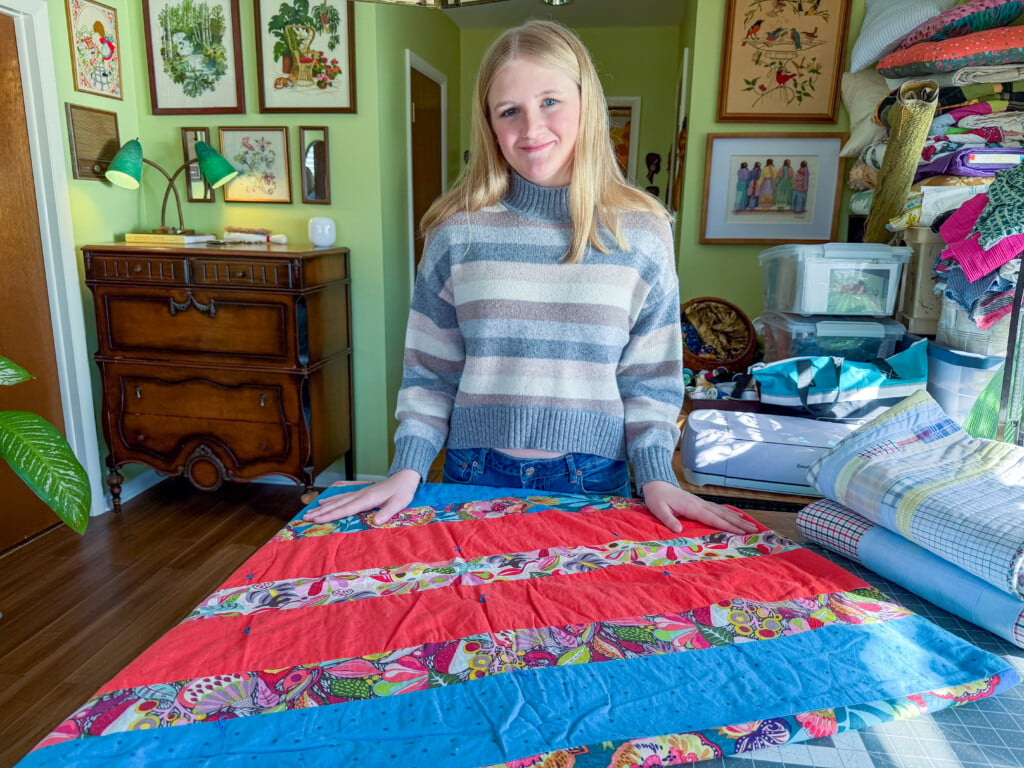Home Alone – When is your Teen Ready?

Summer break is around the corner, and you’re doing your best to juggle kids’ activities with work, grocery shopping, appointments and meals. Perhaps you’re even hoping to squeeze in a little bit of time for your own needs. As your children get older, you may wonder when it’s appropriate to begin leaving them home alone. Because every child is different, there’s no single answer to that question. However, some basic guidelines can help you make that determination.
Oklahoma Law
Although Oklahoma does have specific laws addressing child labor and abandonment and neglect of children, there’s no law stating a legal age requirement for children to be left at home alone. Instead, Oklahoma, like the vast majority of states, leaves this decision up to the parents.
According to Jaesha Quarrels, director of Child Care Services at the Oklahoma Department of Human Services, while many states don’t have strict laws governing at what age a child may be left alone, a number of them offer guidance. For example, kids 8-10 might be ready for short periods alone during the day, while those 10-12 might be ready for as much as a few hours. Children between 12-14 can usually stay alone longer, including some evening hours, and at 15-17 kids can generally be allowed to stay alone for extended periods of time, including overnight in some cases.
How to Decide if Your Child Is Ready
“Every child is different, and there is no one-size-fits-all approach,” Quarrels says. “Some children are ready to stay home alone at a younger age, while others may need more time. Open communication between parents and children is key to ensuring they feel safe and prepared when staying home alone.”
Quarrels believes it’s important to assess both the child’s maturity and external factors when making this determination. Some factors to consider are the child’s age and maturity (do they demonstrate responsibility, good decision-making and the ability to follow rules); duration of time alone (a short period, like 30 minutes, may be manageable for a younger child, while longer durations require more maturity); safety awareness (does the child know what to do in emergencies, such as fires, injuries or strangers at the door); comfort level (a child who feels anxious or scared when alone may not be ready); neighborhood and home environment (are the surroundings safe, and does the child have easy access to a trusted adult); and household rules and expectations (the child should understand what they can and can’t do when home alone).
Preparation
A little forethought can make the process of leaving your child alone less stressful and more successful for both of you. Quarrels recommends starting slowly, leaving your child for short periods before extending the time. Establishing rules is also important. Set expectations about things like cooking, visitors, electronics and answering the door, for example. Having an emergency plan is vital. Make sure your child knows how to contact you, a trusted neighbor or emergency services, if needed. Practice makes perfect. Role-play what to do in different situations, such as a power outage or a stranger at the door. You should also have a way for your child to periodically check in with you, whether by phone or video call.
According to Quarrels, babysitting courses, such as those offered by organizations like the American Red Cross, can also be very beneficial.
“These courses teach essential skills, such as basic first aid, problem-solving and emergency response, which can help children feel more confident and capable when staying home alone,” she says. “Even if a child isn’t babysitting others, learning responsibility and safety practices can make them better prepared.”
As a parent or primary caregiver, you know your child better than anyone and are in the best position to judge their readiness for being home alone. With a little bit of planning and preparation, together you can make this important milestone as stress-free and safe as possible.
For more information, visit oklahoma.gov/okdhs
Before Leaving Children Alone, Make Sure They Know the Following:
- what to do if someone calls or knocks on the door
- how to lock and unlock doors and windows
- what to do if a stranger approaches them, or if they think someone is in the house when they get home
- rules for kitchen safety
- what to do if they smell smoke or gas
- what to do in case of fire or severe weather
- basic first aid
- when and how to call parents or other adults for help
 Julie Wenger Watson is a freelance writer who’s worked in all aspects of music promotion. She’s also Co-Director of “Live From Cain’s,” a public radio show pilot.
Julie Wenger Watson is a freelance writer who’s worked in all aspects of music promotion. She’s also Co-Director of “Live From Cain’s,” a public radio show pilot.




